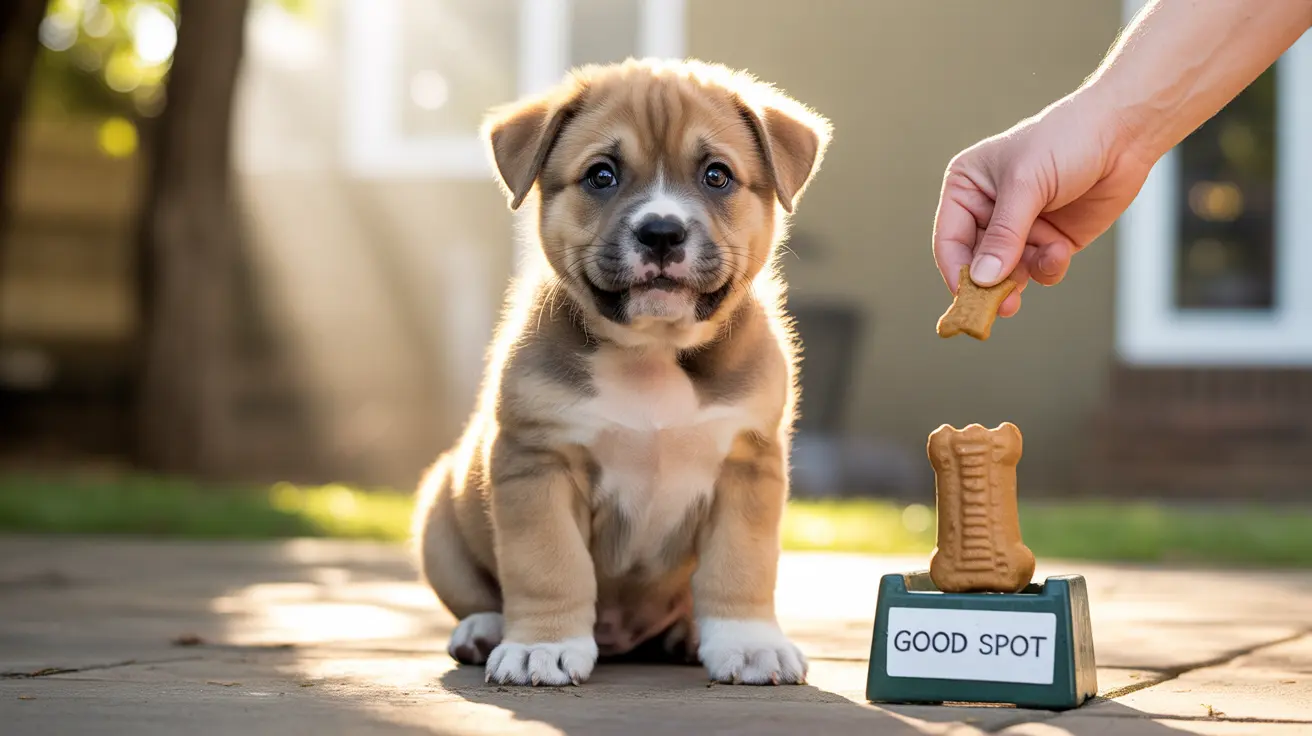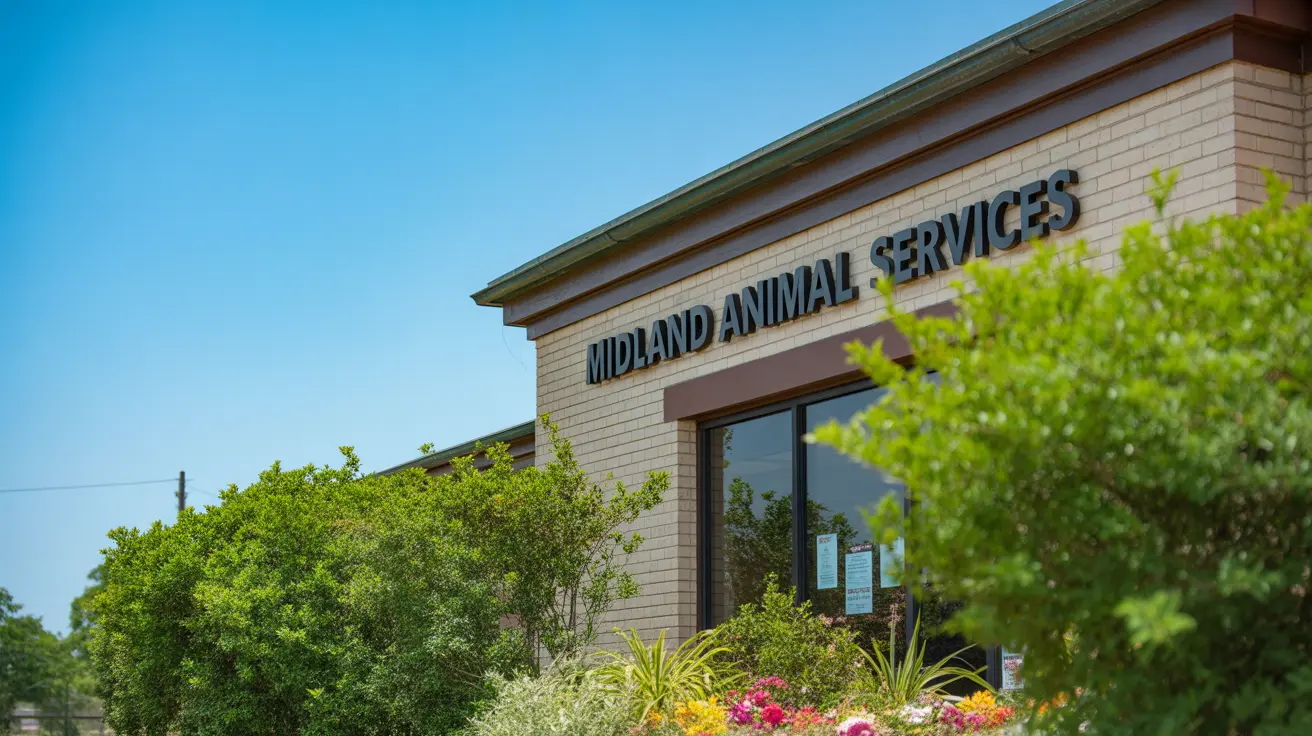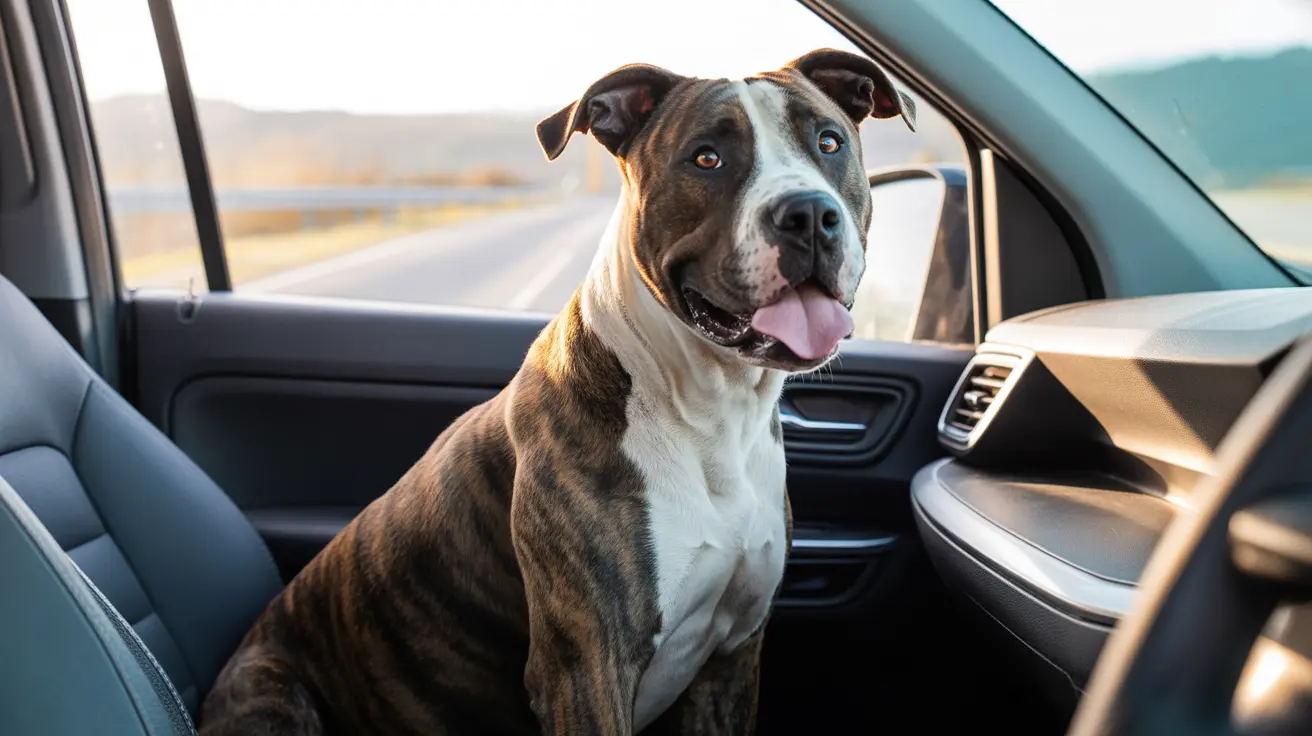Understanding Your Pitbull Puppy's Needs
Pitbull puppies typically need to relieve themselves every 1-2 hours during the day when they're young. Their natural instinct is to keep their living space clean, which you can leverage for successful house training. Understanding this biological drive, combined with their desire to please their owners, creates an excellent foundation for potty training success.
Establishing a Consistent Routine
Creating a reliable schedule is crucial for successful house training. Take your puppy out first thing in the morning, after meals, following naps, during playtime, and before bedtime. Young puppies should go outside every 30-60 minutes when awake to prevent accidents.
Set regular feeding times and remove food and water bowls 2-3 hours before bedtime to help regulate their elimination schedule. This consistency helps your puppy understand when and where they should relieve themselves.
Using Positive Reinforcement Effectively
Reward your Pitbull puppy immediately after they eliminate outside with high-value treats and enthusiastic praise. This positive association helps them understand that outdoor elimination leads to good things. Never punish accidents, as this can create anxiety and setbacks in the training process.
Implementing Crate Training
A properly sized crate can be your most valuable tool in house training. Choose one that's large enough for your puppy to stand, turn around, and lie down, but not so big that they can eliminate in one corner and sleep in another.
Use the crate for short periods during the day and at night. Most puppies won't soil their sleeping area, making crate training an effective method for developing bladder control.
Recognizing Warning Signs
Learn to identify your puppy's pre-elimination signals, such as:
- Circling or pacing
- Sniffing the ground intently
- Whining or barking
- Scratching at doors
- Suddenly stopping activities
When you notice these signs, immediately take your puppy to their designated potty area.
Managing Accidents Properly
Accidents will happen during the training process. Clean them thoroughly with enzymatic cleaners to remove all traces of odor, which could attract your puppy back to the same spot. Never use ammonia-based cleaners, as these can smell similar to urine and confuse your puppy.
Monitoring Progress and Adjusting Strategies
Keep a log of successful potty breaks and accidents to identify patterns and adjust your schedule accordingly. Most Pitbull puppies can be reliably house trained within 4-6 months with consistent effort and positive reinforcement.
Frequently Asked Questions
How can I potty train my Pitbull puppy to stop peeing inside the house?
Establish a consistent schedule, use positive reinforcement for outdoor elimination, and supervise your puppy closely indoors. Take them out frequently, especially after meals, naps, and playtime, and reward successful outdoor elimination immediately.
What is the best schedule for taking my Pitbull puppy outside to prevent indoor accidents?
Take your puppy out every 1-2 hours during the day, first thing in the morning, after meals, following naps, during playtime, and before bedtime. Young puppies need more frequent breaks, while older ones can gradually hold it longer.
How do I use crate training effectively to housebreak my Pitbull puppy?
Use an appropriately sized crate, introduce it positively with treats and toys, and use it for short periods during the day and at night. Take your puppy directly from the crate to their potty spot and reward successful elimination.
What are the signs that my Pitbull puppy needs to go potty, and how should I respond?
Watch for circling, sniffing, whining, or suddenly stopping activities. When you notice these signs, immediately take your puppy to their designated potty area and reward them for eliminating outside.
What should I do if my Pitbull puppy has accidents inside despite consistent training?
Clean accidents thoroughly with enzymatic cleaners, review and adjust your schedule, and consider consulting a veterinarian to rule out medical issues. Increase supervision and frequency of potty breaks, and ensure you're rewarding outdoor elimination consistently.
Conclusion
Successfully house training your Pitbull puppy requires patience, consistency, and positive reinforcement. By following these guidelines and maintaining a regular schedule, you'll help your puppy develop good habits that will last a lifetime. Remember that every puppy learns at their own pace, so stay committed to the process and celebrate small victories along the way.






